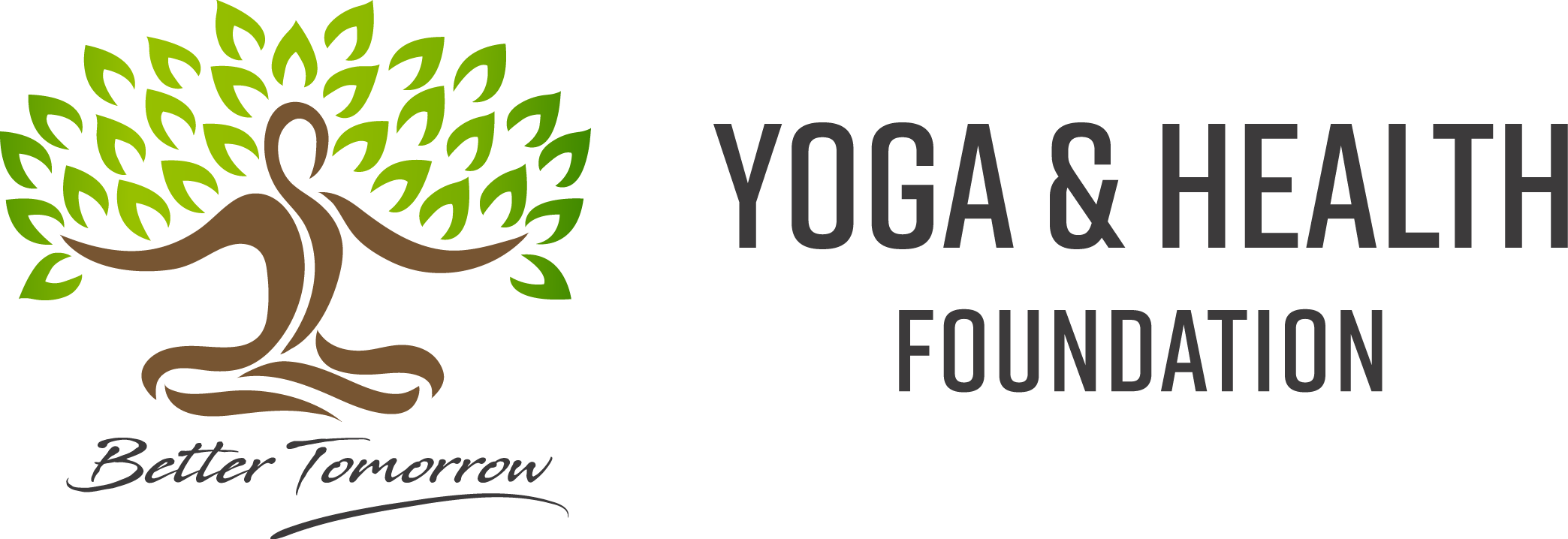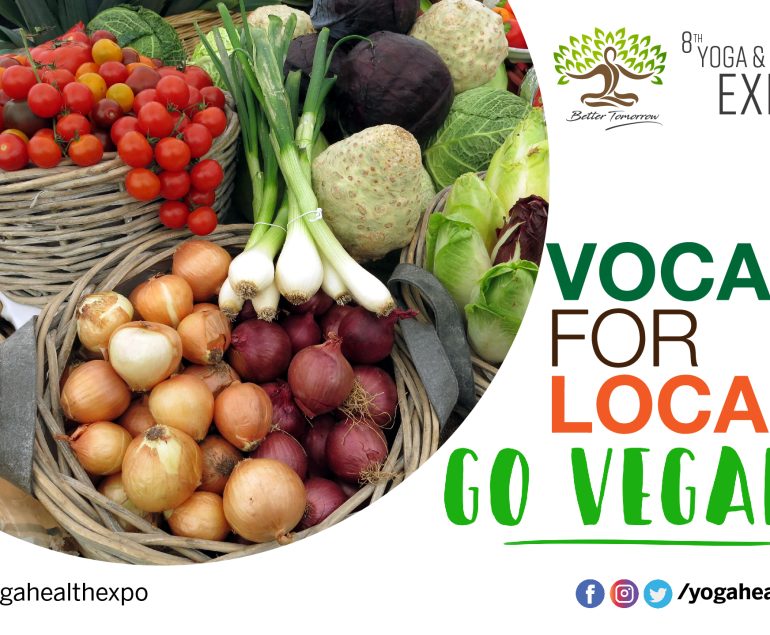While Yoga is the art of doing work, Diet is an art to maintain a healthy body. The reason why I call diet an art because it is specific to an individual and it requires careful supervision. The balance of a healthy diet is truly achieved by an artful approach depending on a person’s schedule. The inner consciousness of a person is affected by the diet. In that way, diet is also a science. Diet requires a careful selection of ingredients to accentuate life and keep body disease free. Ingredients must match the nutritional needs of an individual’s body. Spices are extremely important in preserving important bodily functions. In the ancient Vedic culture, every meal was also a medicine. Which diet is good for me? Should I be a vegetarian or should I be a vegan? What is vegetarian? What is vegan? These are some of the existential questions that are usually on everyone’s mind.
A carnivore animal’s intestine is much shorter as compared to herbivore animal. Because of small intestines, the non-vegetarian food stays for a shorter duration in the body of a carnivore as compared to herbivore. Human small intestine length is usually 6 meter or 20 ft, while the big intestine is 1.5 m or 5 ft. By design human body is suited for a plant-based diet. Many cultures across the world advise a healthier plant-based diet. In fact, the majority of carbon emissions in the planet are due to the organized meat industry. If just the meat consumption is reduced by 10%, the greenhouse carbon emissions will drop by more than 30%. A plant-based diet is extremely eco-friendly for our planet.
Veganism term was coined by Donald Watson in 1944. The original premise of veganism according to him was to shut all types of meat or products from animals out of kindness. There is a growing movement on veganism across the world. In fact, Tel Aviv is now officially the vegan capital of the world.
Ayurveda, the science of increasing duration of life, advises us to maintain balance. Balanced Body, Mind and a healthy spirit come from long practice and intelligent choices. The balanced body comes from exercise and diet. Balanced mind comes from Yoga and detachment. Balanced spirit comes from meditation. For a healthy body, all foods must be eaten fresh, within 2 hours after they are cooked. Usually, foods lose nutritional value upon being reheated, microwaved or kept frozen. Generally, for a healthy mind, warm foods are the best. Vedic scriptures inform us of three types of diet. Foods are classified into three broad categories – Foods in Sattva Guna (mode of goodness), Foods in Rajas Guna (mode of passion) and Foods in Tamas Guna (mode of ignorance). Foods in Sattva Guna increase life, decrease stress and makes one happy. Foods in Rajas Guna decrease life, increase stress and keeps people angry. While Foods in Tamas Guna decrease life duration most by inviting diseases. Generally, one should eat two major meals a day, one after sunrise and another before sunset. Ayurveda advises us to avoid meals after sunset.
Your diet helps you build a healthy personality. A healthy Sattvic diet brings kindness to your personality. Rajasic food brings stress into your personality. Tamasic food brings disease. Careful selection of diet will assist you to lead a healthy life. I would be keen to know more about your vegetarian or vegan experiences. Happy Eco-friendly diet is good for our planet. We can preserve our planet, by changing our diet. The positive change in climate begins with our diet.
Article By:
Aditya Satsangi is a serial entrepreneur and a writer commentator on politics in the USA. His views have helped strengthen the Indian American community in the USA. He is currently the President of Indian American Chamber of Commerce, Secretary of VHS and runs a Tech Staffing global firm. He is an avid golfer and wouldn’t miss a Tee when invited. Aditya is a regular writer at Sunday Guardian, PGurus, Pioneer and is also publishing his new book on ‘Sattology’, a term he invented.

